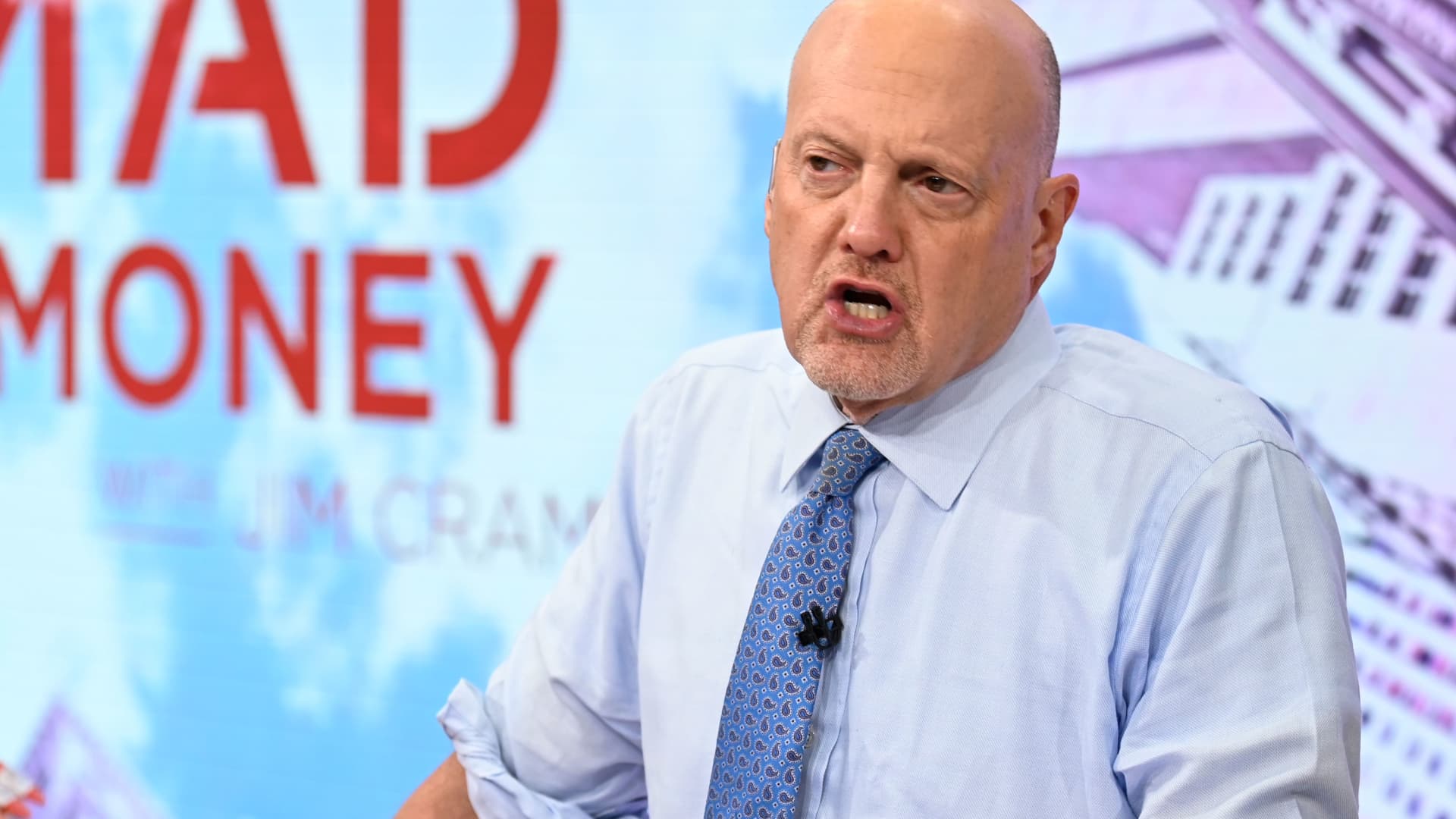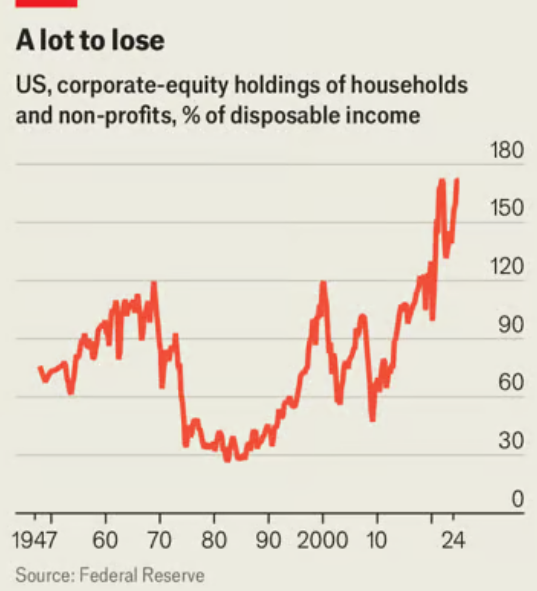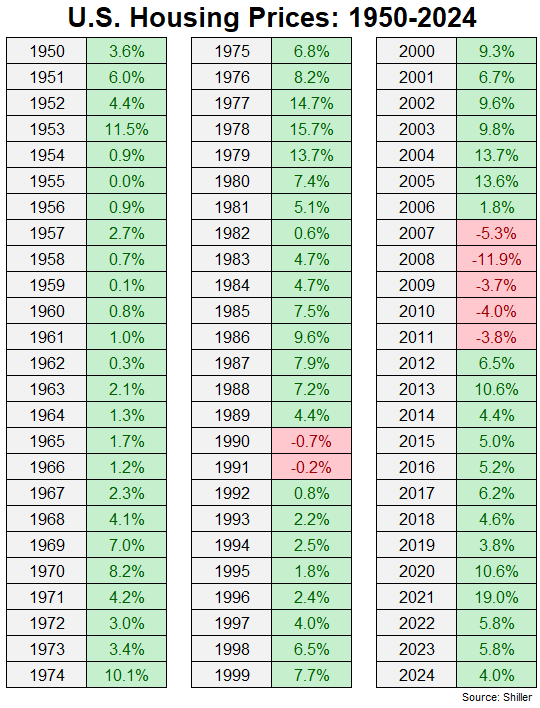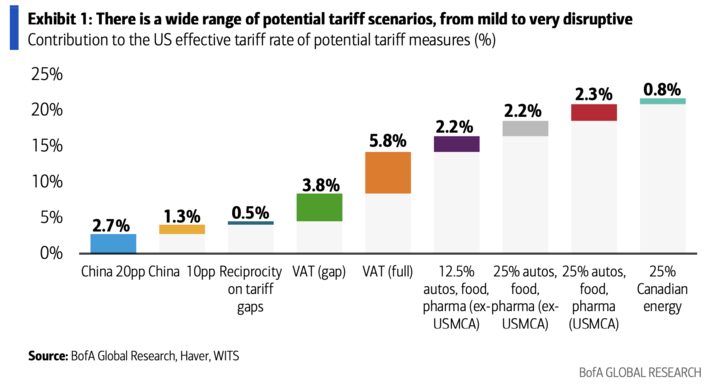29 and Saving $46k on $113k Household Income: Am I on the Right Track for Financial Freedom?
Many Americans struggle to save money. And an early 2025 survey by U.S. News & World Report found that 42% of Americans don’t have any money in an emergency fund. U.S. retirement savings aren’t in a great place either, broadly speaking. The median retirement account balance among Americans aged 65 to 74 is just […] The post 29 and Saving $46k on $113k Household Income: Am I on the Right Track for Financial Freedom? appeared first on 24/7 Wall St..

Key Points
-
Saving 40% of your income is outstanding.
-
Most experts recommend saving 15% to 20% of your pay for retirement.
-
There’s nothing wrong with aiming higher on the savings front, but you don’t want to deny yourself near-term enjoyment, either.
-
Over 4 Million Americans set to retire this year. If you’re one, don’t leave your future to chance. Speak with an advisor and learn if you’re ahead, or behind on your goals. Click here to get started. (Sponsored)
Many Americans struggle to save money. And an early 2025 survey by U.S. News & World Report found that 42% of Americans don’t have any money in an emergency fund.
U.S. retirement savings aren’t in a great place either, broadly speaking. The median retirement account balance among Americans aged 65 to 74 is just $200,000, per the Federal Reserve. And AARP reports that 20% of Americans ages 50 and over have no retirement savings at all.
That’s why it was very refreshing to come across this Reddit post. Here, we have a 29-year-old earning $113,000 a year and saving $46,000 a year.
The poster wants to know if they’re on the right track savings-wise. And my answer is, they’re doing better than they might think.
A 40% savings rate is excellent
Financial experts typically recommend saving 15% to 20% of your pay each year for retirement. Of course, that’s on top of savings for other goals you might have, like buying a house.
In this situation, we have someone with a good yet modest salary saving 40% of their pay. That takes a lot of discipline, and it’s something the poster should be proud of.
If they continue saving 40% of their pay as their income rises, they could end up with a very secure future. That could set the stage for an early retirement, or at least a very comfortable one.
It’s all about striking a balance
The poster is doing an outstanding job of saving money. And even if their salary increases modestly in the coming years, saving $46,000 on an annual basis would still be fantastic.
My concern, though, is that the poster lives in a high cost of living area. In parts of the country where housing costs are high, $113,000 doesn’t go as far. And I hope the poster is not sacrificing all of their near-term comforts in order to save at such an aggressive level.
To be clear, saving money requires some degree of sacrifice. But the poster here would be in good shape if they were to save $25,000 or $30,000 a year based on what they earn. The fact that they’re saving $46,000 of a $113,000 salary leads me to believe that they may be living almost too frugal a lifestyle.
What I’d suggest this poster do is sit down with a financial advisor to discuss their near-term and long-term goals. A financial advisor can help the poster, and anyone else in a similar boat, strike a good balance between saving a decent chunk of money but also getting to enjoy life in the present.
It’s not a great thing to reach retirement age with a lot of savings, but also, a lot of regrets. With some guidance, the poster might easily meet their financial goals without regrets along the way. A financial advisor can also help make sure that the poster is investing their savings in the right assets so that their money is able to grow at a nice pace over time.
The post 29 and Saving $46k on $113k Household Income: Am I on the Right Track for Financial Freedom? appeared first on 24/7 Wall St..






































































































































































